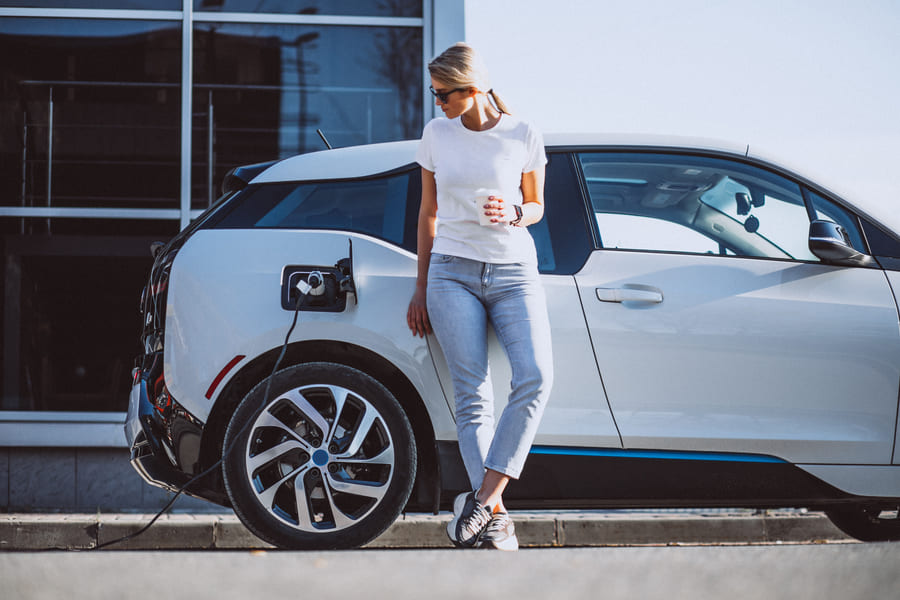
Electric cars are an increasingly common sight nowadays. Their quiet operation and low emissions are something that set them apart from vehicles with internal combustion engines. The cost of recharging an EV is also negligible compared to topping up a petrol- or diesel-fuelled car and the gap will likely only widen in the future. The main downside of an electric car has been the lack of infrastructure for charging it up. But with numerous options for charging an electric car cropping up, it’s time to revisit the idea of how and how long they are charged.
Places to charge an electric car
There is a wide variety of options for charging an EV when formerly it was limited to a select few charging stations. Home charging points were an eccentricity in the past, but they are more affordable than ever with the companies producing them usually providing the installation service at no additional cost. A wallbox at home is therefore a viable option for people that have off-street parking available to them and their own residence. Public charging stations of course remain a fixture, even if they are not as subsidised as they once were. Charging points at private businesses form something of a category between home and public charging points. Charging points of a business that allows its employees to charge their electric cars are usually not available to the public, but those at businesses that cater to customers, such as department or furniture stores, may provide the option to charge vehicles in their parking lots, occasionally waiving fees if the purchases are high enough.
How long it takes to charge an electric vehicle
This is determined by many different factors, but the two most important are the particulars of the charging station and the electric car. Charging stations have maximum outputs that determine how quickly they can provide electrical power while different electric cars have different limits on how much electricity they can receive and differ in battery capacity, and thus how much electricity is needed for a full charge.
The typical electrical vehicle has a battery capacity of 60 kWh, and can be completely charged over the course of around 8 hours from a station with a charging power of 7 kW. The maths here are simple: Divide the capacity by the charging rate to get the number of hours it takes to charge the electric car. However, cars vary widely in capacity. The first generation Nissan Leaf usually has a capacity of 24 kWh while the Jaguar I-Place has batteries that hold up to 100 kWh of energy. Using a slow charger will charge the Leaf in 8 hours while the I-Place needs more than a day to reach full capacity from a flat battery.
| Type | Charging rate | Time to fully charge 60 kWh |
|---|---|---|
| Standard plug | 2 kW | 30 h |
| Slow charger | 3 kW | 20 h |
| Fast charger | 7 kW | 8.6 h |
| Rapid charger | 120 – 350 kW | Under 1 h* |
*Rapid chargers charge so fast that most cars cannot benefit from the maximum charging speed.
The different types of chargers are as follows:It’s apparent that there are a lot of factors that determine how long it takes to charge a car. This impacts how much it costs to charge an electric car, but there are other variables that need to be considered here. First and foremost, it depends on whether the electrical car is being charged in public or private.
How long it takes to charge an electric car in public
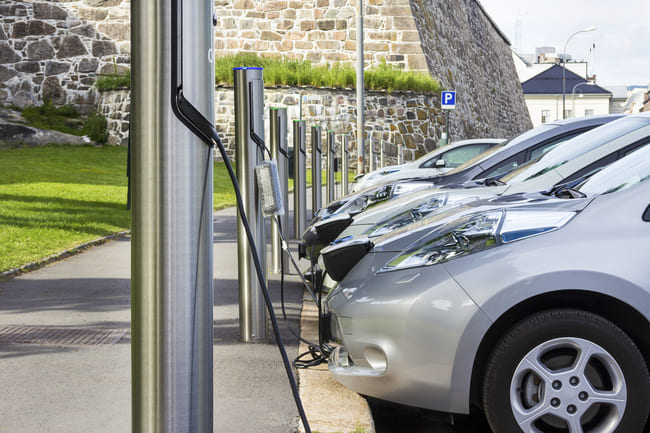
How long it takes to charge an electric car at a petrol station naturally depends on the type of charger available. Most public charging points are fast chargers, though many have rates that are up to three times the standard 7 kW. With a car that can accept charges of this speed and a capacity of 60 kWh, a full charge can be achieved in roughly 8 hours and topping up will be considerably faster. However, some stations offer rapid charging in excess of 50 kW and can charge cars capable of receiving such high rates of electricity in under an hour. It is important to note that how long it takes to charge an electric car at a charging station has the broadest range of variables to take into account, starting with the charge rate of the station and ending with the receiving rate and capacity of the car.
How long it takes to charge an electric car at home
If you’ve been asking yourself how to charge your electric car at home, the answers are fairly simple: Since the range of the charge rates available to private households lies between 3 – 7 kW, the choice is not as difficult. Ultimately, this depends on your car’s capacity and your driving habits. Infrequent drivers can get away with a slow charger while those that empty their car’s charge to considerable degrees may need a fast charger. Having a charger at home allows you to charge your car overnight, so being able to charge it for up to 8 hours is rarely an issue. Smart chargers can even be programmed to only charge at certain hours, such as when electricity tariffs are lowest.
Costs to charge an electric car
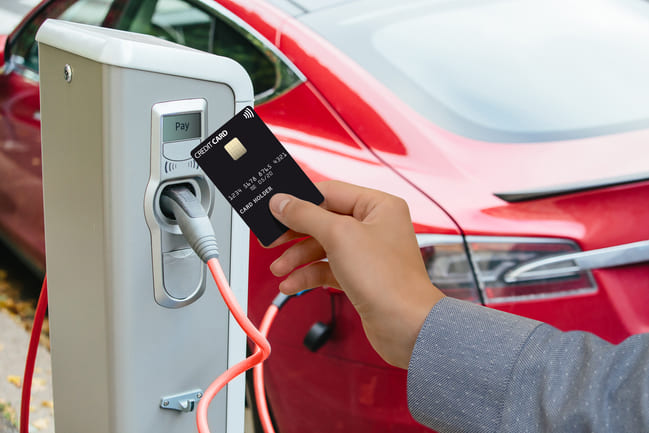
There can be considerable differences in how much a car owner pays to charge their vehicle. Ultimately, how much it costs to charge an electric car is heavily dependent on where it happens. Charging a car from home is usually cheapest and only costs as much electricity as is used. Public stations can charge at different rates (gone are the days that charging was for free), but some feature subscription services from the manufacturer or allow customers of stores such as IKEA to charge their vehicles for free (or receive a refund) when shopping there.


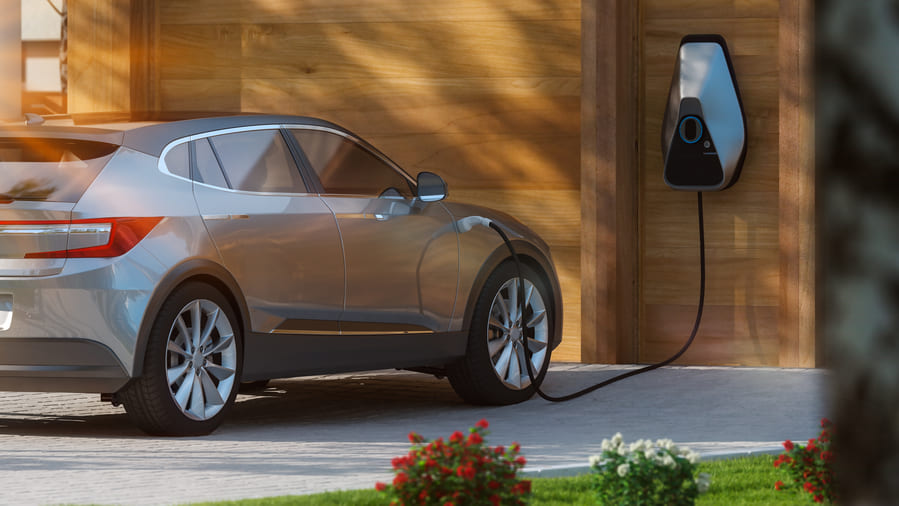
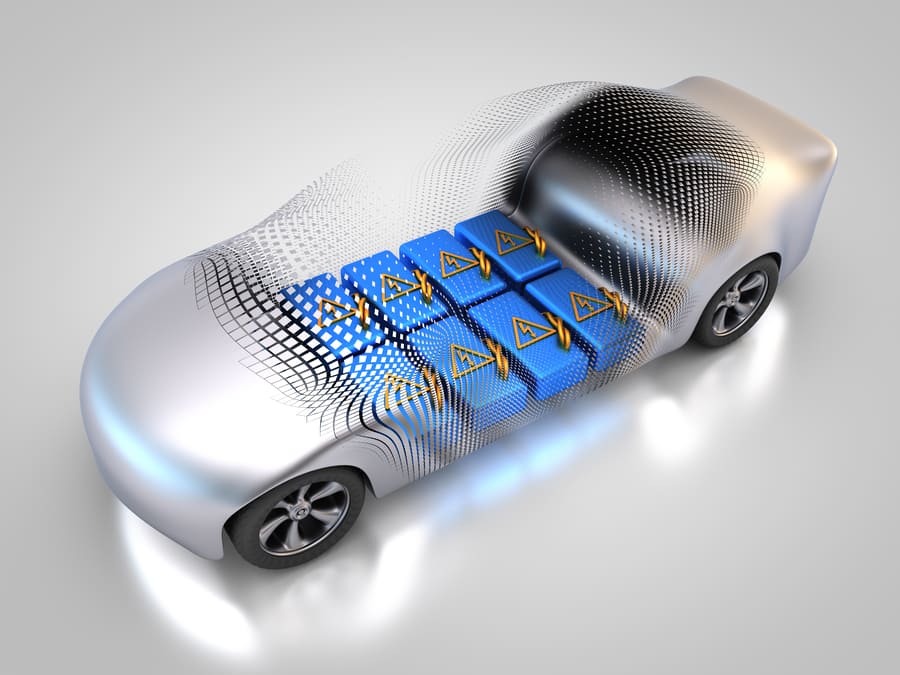
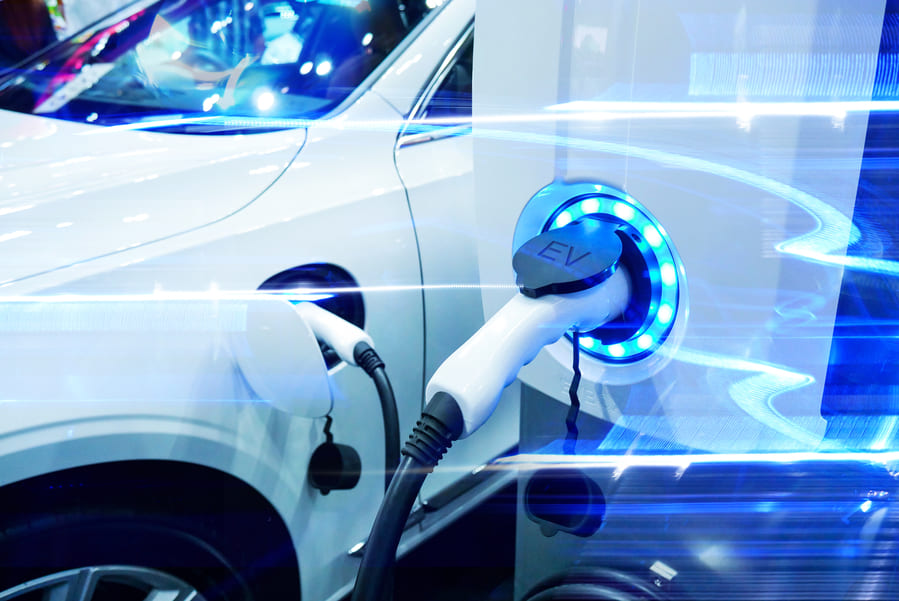
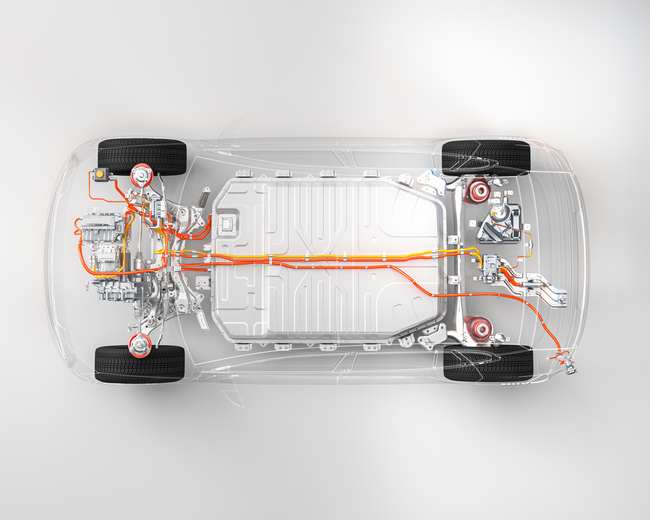
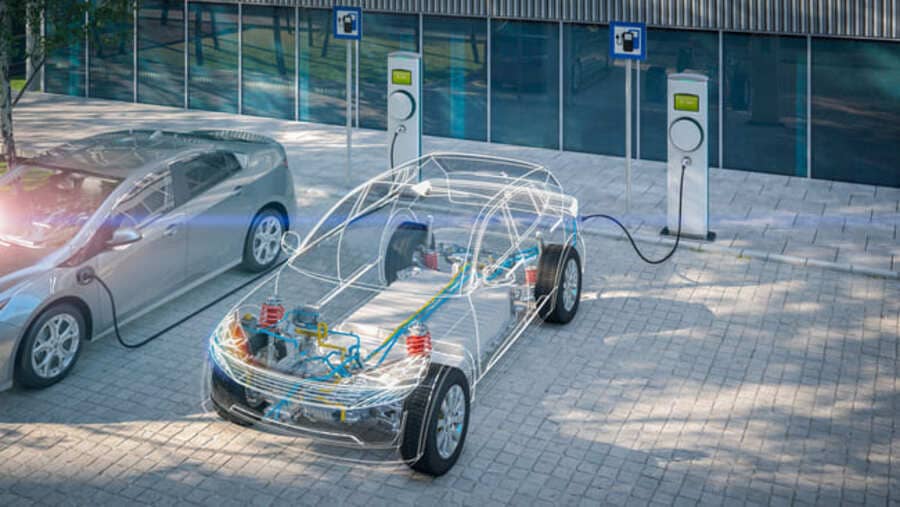
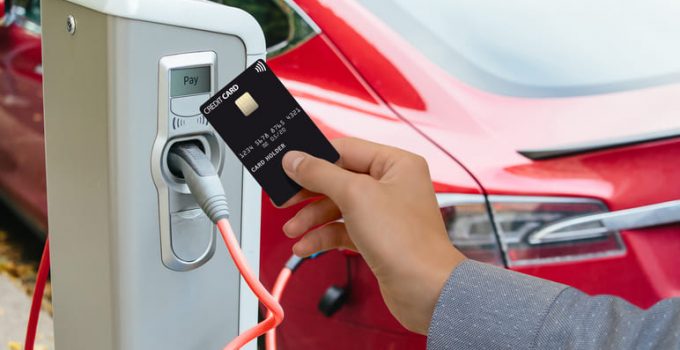
Comment